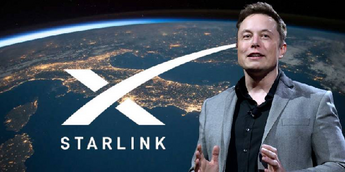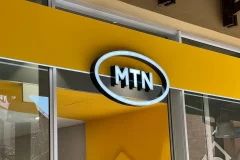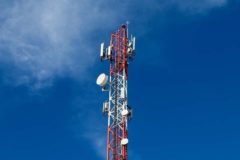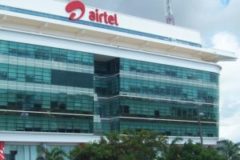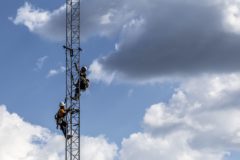Starlink now costs 20% less for Nigerians as the company partners with Jumia to expand its reach. How far will a discount go in helping them acquire more users.
Starlink, the satellite internet service owned by Elon Musk’s Space X, is slashing its price in Nigeria and expanding its distribution channels to acquire more users. The company is offering a 20% discount on its kit from ₦378,000 ($378) to ₦299,000 ($299). It has also partnered with Jumia, Nigeria’s most popular e-commerce platform. Per Wall Street Journal, while Starlink set sales targets of $12 billion in 2022, it only brought in $1.4 billion.
Starlink, which expanded into Africa in 2023 with big plans to provide fast-speed internet to remote locations has faced more roadblocks than expected. The service which has a 100Mbps download speed is about ten times higher than the average download speed for mobile internet in sub-Saharan Africa where broadband penetration is still low, making it a great solution for the African market. Despite its potential for the continent, Starlink’s adoption across Africa has been faced with a number of challenges like affordability and regulatory concerns.
In its first stop, Nigeria, the company has failed to capture a significant part of the market owing to its affordability problem with the kit costing significantly more than the average Nigerian can afford. About 70% of Nigerians suffer from poor internet speed, with the average quality of internet speed falling to 10.9% in 2023. However, the cost of Starlink rules it out as a solution for the majority of the population, even with a 20% discount, as the monthly salary of the average Nigerian is still below ₦124,000 ($124).
Affordability isn’t its only barrier to its adoption as Starlink has also struggled with more regulatory roadblocks than expected in Africa. While it is not yet officially present in countries like South Africa as the government has banned the import, sale and usage of the service, thousands of South Africans have found ways to bypass regulatory hurdles and still access it. Similarly, Zimbabwe and Botswana have warned
Some African countries like Rwanda on the other hand, have deployed the service to facilitate learning. In July, the country’s ICT Minister, Paula Ingabire, announced the launch of Starlink in 50 schools to provide students with access to more learning opportunities on the internet. This number is expected to increase to 500 by the end of 2024.
The company has announced a partnership with e-commerce giant Jumia for the sales and distribution deal of the kits in Africa. Jumia is a strategic partner for Starlink as it is one of the most popular e-commerce platforms in the country with over 3.1 million active quarterly users. Jumia will exclusively distribute Starlink in Africa and its Chief Commercial Officer(CCO), Hisham El Gabry, believes that they have the needed experience in navigating the African retail and merchandise landscape.
“The plan is to start selling through our sites and agents in Nigeria this month, and then Kenya,” he shared with Bloomberg.
At the moment, the only countries in Africa where it is licensed to operate are Nigeria, Mauritius, Mozambique, Sierra Leone, Rwanda, and Kenya. It is set to be rolled out in more countries before the end of the year.
Have you got your tickets to TechCabal’s Moonshot Conference? Click here to do so now!








